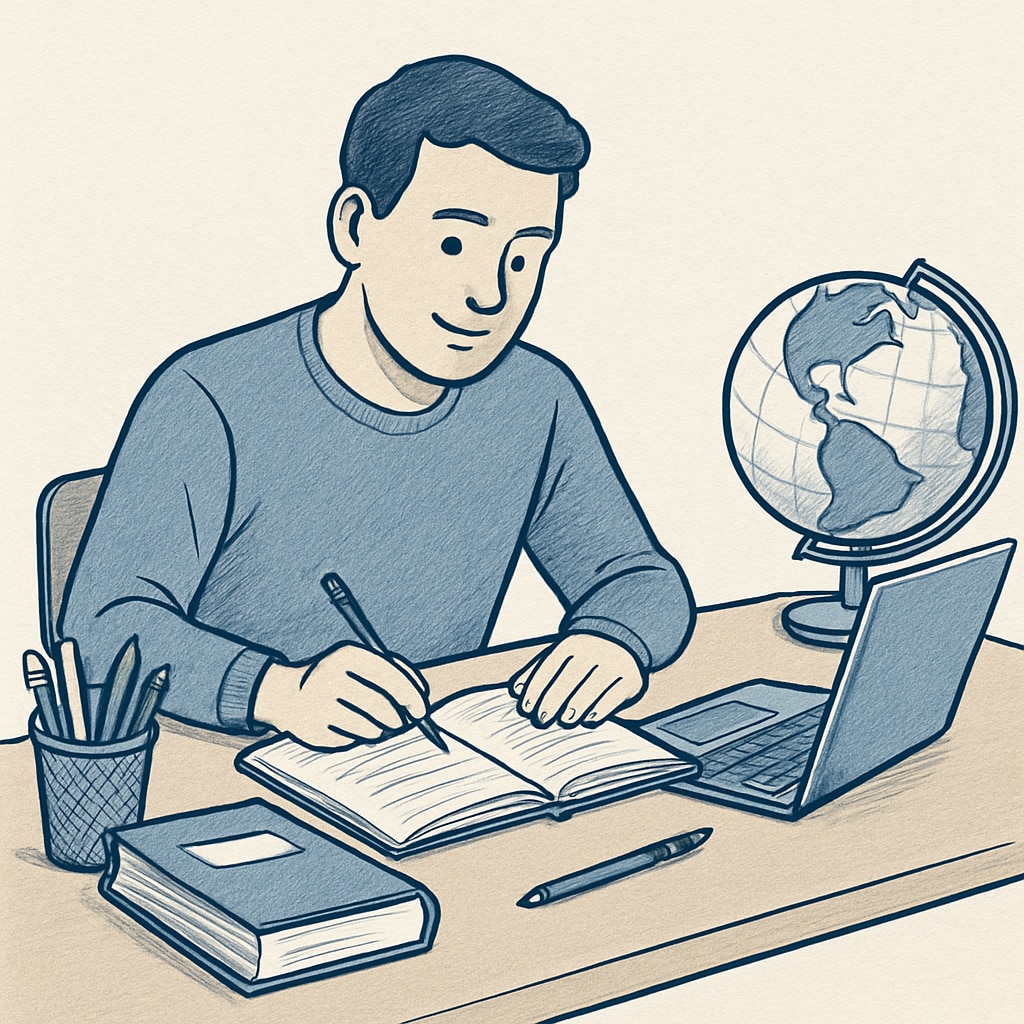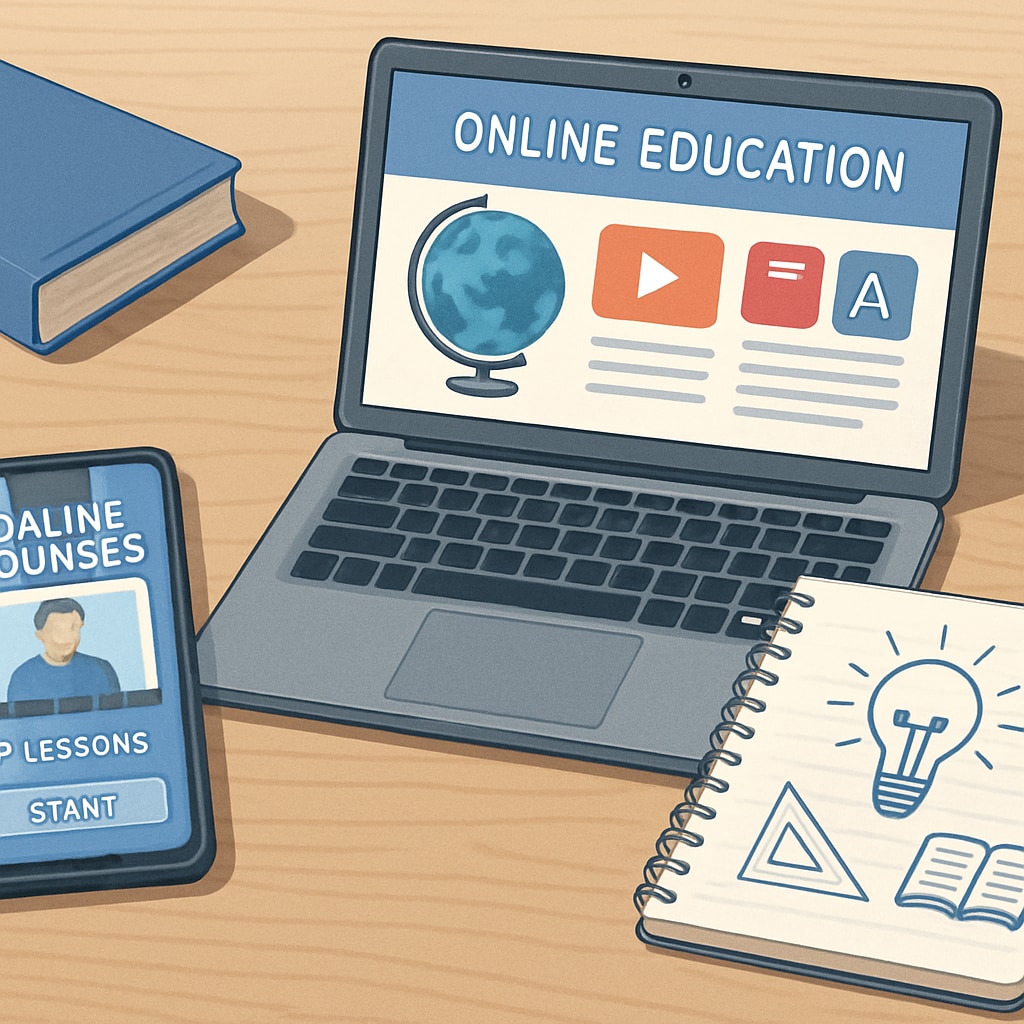For many adults, gaps in basic education can feel like insurmountable barriers to personal growth and career advancement. Whether due to life circumstances, lack of access to schooling, or other challenges, starting over often seems daunting. However, with the right mindset, resources, and strategies, adults can overcome these challenges. This article provides a detailed guide to restarting your education journey from the ground up—whether you’re learning basic literacy, math, or even diving into subjects like world history.
Understanding the Challenges of Adult Education
Adults facing educational gaps often encounter unique challenges. Unlike children, they must balance learning with responsibilities such as jobs, families, and financial obligations. Additionally, the stigma of returning to education later in life can create emotional hurdles. Recognizing these challenges is the first step to overcoming them.
One common case is that of a 25-year-old adult who has only completed the first grade. For such individuals, foundational literacy and numeracy skills are often missing, making even everyday tasks difficult. Fortunately, with modern technology and accessible educational resources, it’s possible to create a structured, step-by-step learning plan to address these gaps.

Building a Systematic Learning Pathway
Creating a roadmap for education is essential, especially when starting from scratch. A systematic and stair-step approach can help learners build confidence and competence over time. Here are some key steps:
- Start with Literacy: For those lacking basic reading and writing skills, adult literacy programs are a critical first step. Many libraries, online platforms, and community centers offer free or low-cost courses.
- Focus on Numeracy: Learning basic arithmetic is equally important. Apps such as Khan Academy and resources like Britannica’s Mathematics overview provide beginner-friendly lessons.
- Expand to Core Subjects: Once basic skills are established, learners can explore subjects like science, geography, and history. For example, understanding world history can be both educational and empowering.
Adults should also set realistic goals. For example, committing to just 30 minutes of study per day can lead to steady progress without overwhelming existing responsibilities.
Leveraging Technology for Self-Study
Technology has revolutionized adult education, offering tools and platforms that cater to various learning styles. Here are some resources to consider:
- Mobile Apps: Apps like Duolingo (for language learning) or Photomath (for math) make learning interactive and accessible on the go.
- Online Courses: Websites like Coursera and EdX offer courses for beginners in various subjects, often free of charge.
- Interactive Tools: Platforms like Quizlet allow users to create and share flashcards for memorization and practice.
In addition, YouTube is an excellent source of free educational content. Channels focused on adult education or specific subjects like history can provide engaging and easy-to-understand materials.

Overcoming Emotional and Social Barriers
Returning to education as an adult can feel intimidating. Many fear judgment or failure, which can discourage them from even starting. Here are some tips to overcome these barriers:
- Seek Support: Join learning groups or forums where you can connect with others on a similar journey.
- Celebrate Small Wins: Acknowledge and reward yourself for completing milestones, no matter how small.
- Stay Motivated: Remind yourself of your goals and the benefits of education, such as better job opportunities or personal growth.
Adult learners should also remember that education is a lifelong process. Starting late doesn’t diminish the value of the knowledge gained.
Why World History Can Be a Great Starting Point
World history is an excellent subject for adult learners who want to expand their understanding of the world. It provides a broad perspective on human achievements, cultures, and events. Learning world history can also improve critical thinking skills, which are transferable to other areas of life.
For beginners, resources like the World History section on Wikipedia or documentaries on streaming platforms can be a great starting point. Learners can focus on specific periods or regions, gradually building their knowledge.
Additionally, history often ties into other subjects like geography, economics, and politics, making it a comprehensive and engaging area of study.
Conclusion: Embrace the Journey
Restarting your education as an adult is both challenging and rewarding. By addressing gaps in basic education through self-study and leveraging modern tools, anyone can create a pathway to learning that suits their needs. Whether you’re focusing on literacy, numeracy, or exploring subjects like world history, the key is to stay consistent and motivated. Remember, it’s never too late to learn and grow.
Take the first step today—your second chance at education is waiting.


